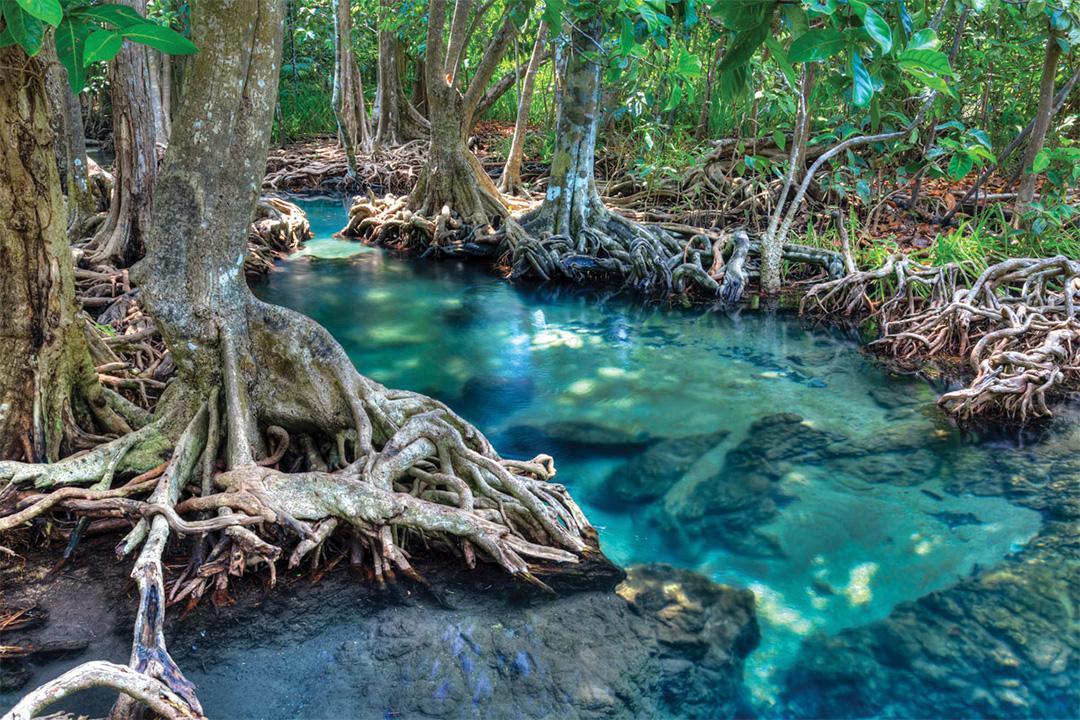Africa-Press – Tanzania. AS the world celebrated Mangroves Day yesterday, a new initiative has been introduced to restore mangroves at the Rufiji Delta, and back up the country’s blue economy ambition.
Unveiled yesterday in Dar es Salaam, the initiative dubbed “To Plant or Not To Plant’ aims at restoring the ecological mangrove restoration, where natural regeneration will be prioritised and active planting of the right species.
Engineered by the Wetlands International, the initiative is aligned with the government’s pledge to restore 5.2 million hectares of degraded forests as part of the Africa Forest Landscape Restoration initiative (AFR100) that aims to recover 100 million hectares of forests by 2030.
When officiated the launch, Chief Executive Officer of Tanzania Forest Services Agency (TFS), Professor Dos Santos Silayo, said the project has come at a right time, when the world is fighting against effects of the climate change.
In August 2018, the government pledged its commitment to restore 5.2 million hectares of degraded forests as her contribution to the global Bonn challenge on ecosystem restoration.
The government cemented its commitment to conserve and restore mangroves by approving a revised Management Plan, Harvesting Plan and Harvesting Guidelines (and associated harvesting documents) for Rufiji Delta Mangrove Forest. These documents assist in the effective management of this vital ecosystem for the benefit of both communities and nature.
Speaking at the launch of a new initiative, Ms Julie Mulonga, Wetlands International Eastern Africa Director, said with an area spanning 53,355 hectares and home to about 45,000 community members whose lives are closely intertwined with the mangroves, Rufiji Delta is the largest of its kind in the east coast of Africa.
The local communities depend on the delta for food, building materials, wood fuel and as source of livelihood. Mangroves also protect the coast against storms and soil erosion and are more effective carbon stores than terrestrial forests.
The Delta is also rich in marine, birdlife and plant species. Over the past years, Rufiji’s mangroves have faced various challenges such as overharvesting of trees for wood fuel and building materials, salt production, human settlement, and encroachment for rice farming and cattle grazing. An invasive plant species that hinders mangrove growth remains a challenge.
According to studies, about 7,000 hectares of mangroves were lost between 1991 and 2015.
“To address this loss, there is need for a multi-pronged approach for various stakeholders, key among them the ecological mangrove restoration approach,” Ms Mulonga emphasized.
Wetlands International, with support from DOB Ecology, has been working with the Rufiji communities and other key stakeholders to monitor and restore mangroves.
“Together with other key stakeholders, Wetlands International has restored 105 hectares in Rufiji. That is no mean feat given the unique challenges on the ground. As we launch To Plant or Not To Plant project today, we encourage all involved to continue working with the local communities as they are the key stakeholders in the restoration of ecosystems,” stated Mulonga.







